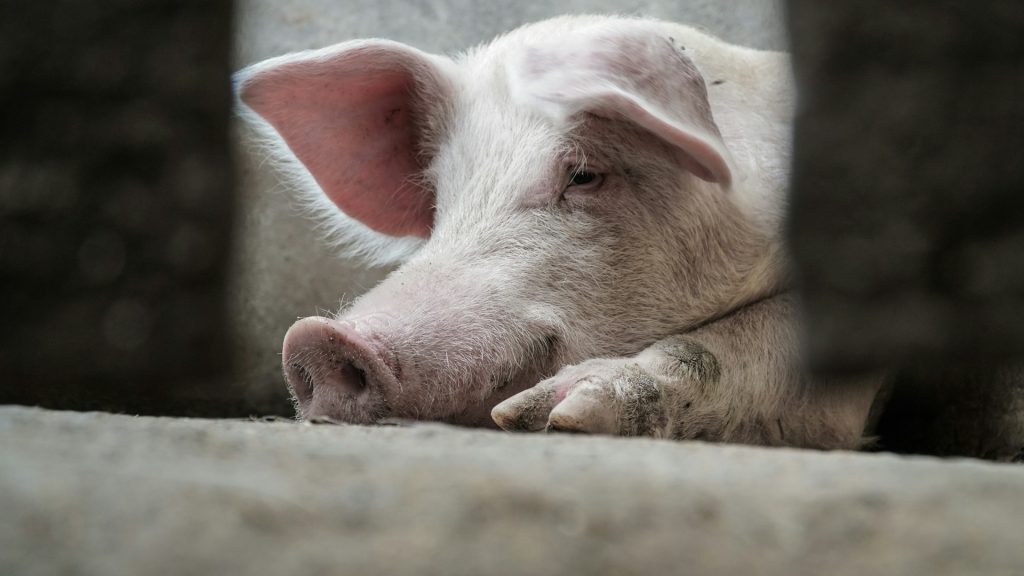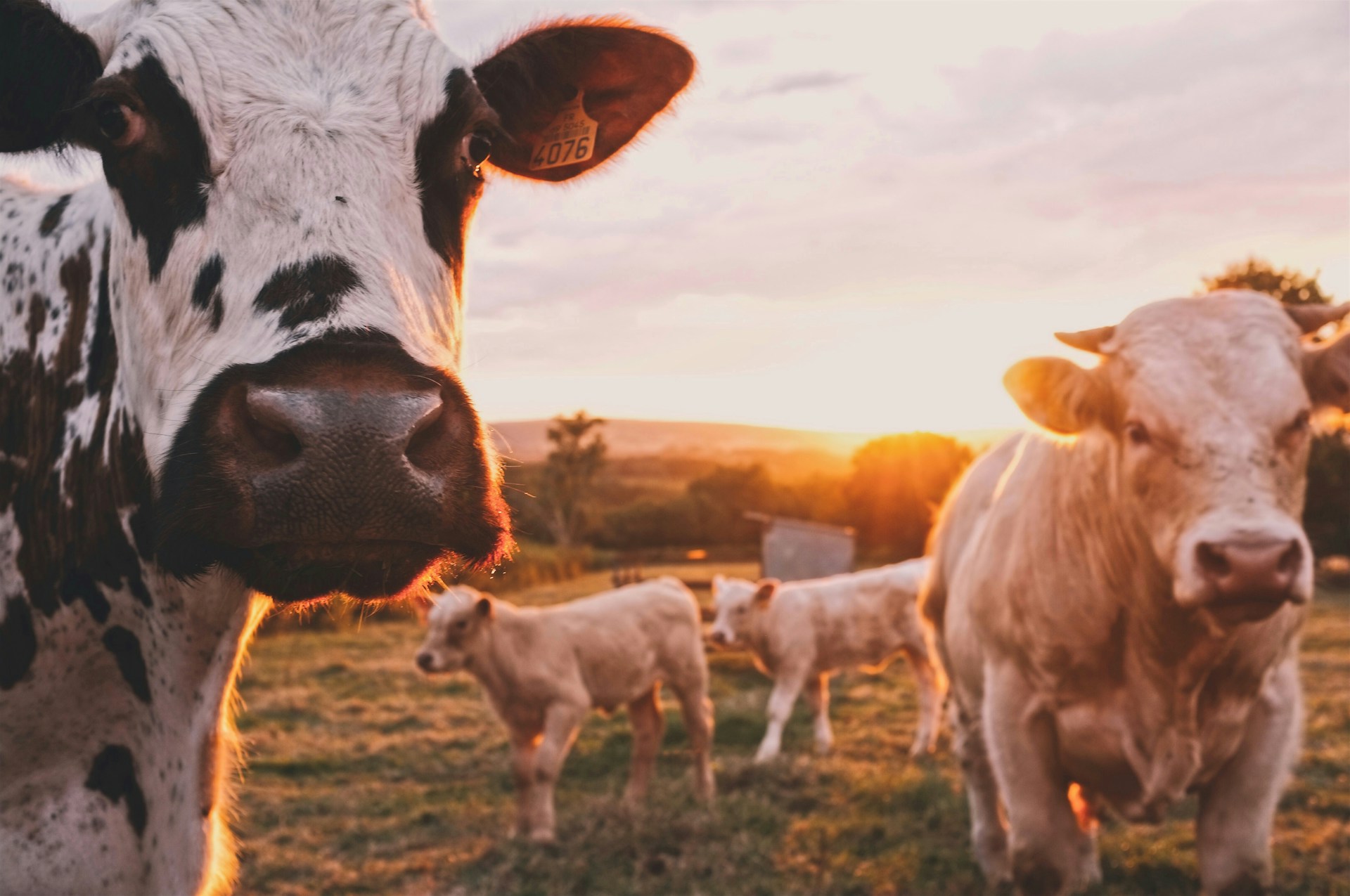- Nigeria produces vast livestock waste, yet most is discarded instead of powering energy
- Experts say unlocking the sector could create jobs and boost revenue
LAGOS, NIGERIA – Nigeria is sitting on a billion-dollar opportunity hidden in plain sight: animal waste. With more than 20 million cattle and millions of goats, sheep and pigs, the country generates massive volumes of livestock byproducts every day.
But instead of fuelling industries and energy systems, much of this waste ends up dumped, polluting the environment and wasting economic potential.
Globally, animal byproducts are big business. In Asia, Europe and the Americas, dung powers bioenergy plants, blood is refined into industrial products, and bones are processed into feed or even jewellery. For Nigeria, however, experts say lack of infrastructure, policies and public awareness has left a potentially lucrative sector dormant.
“Animal waste can be a very valuable resource when properly utilized as fertiliser to improve soil health and plant growth,” Chuka Mordi, Chief Executive of Ellah Lakes told Allen Dreyfus. He argued that replacing synthetic fertilisers with organic alternatives could alone create a billion-dollar market as farmers struggle with rising input costs.
Waste as wealth
Beyond fertiliser, animal dung is a proven renewable energy source. Biogas plants can turn it into cooking gas, reducing reliance on kerosene, firewood and imported LPG. The residue doubles as organic fertiliser, offering rural communities lower energy costs, less deforestation and new income streams.
Sunny Omokaro, President of the National Butchers Employers Union of Nigeria, said: “Nothing from an animal is truly waste.” He explained that blood can be processed into industrial products, hides into leather, and bones into feed. “A bag of bones could sell for as high as ₦200,000,” he revealed, adding that trailer loads of processed bones already supply local industries.
In Lagos alone, between 3,000 and 5,000 cattle are slaughtered daily, according to the National Bureau of Statistics. Each slaughter generates bones, hides, blood and dung that—if collected and channelled—could feed entire value chains. Yet most remains unmanaged, creating health hazards rather than value.
The potential economic ripple effects are vast. Analysts estimate tens of thousands of jobs could emerge across waste collection, processing, distribution and sales. Rural communities could run small-scale biogas plants, industries could cut imports by sourcing raw materials locally, and entrepreneurs could build businesses around fertilisers, feeds and crafts.
For government, the revenue implications are enormous. Tax income from a formalised waste market could grow, imports of fertiliser and energy could shrink, and Nigeria could emerge as a regional leader in circular economy innovation. “If Nigeria as a nation will invest in animal waste, it will create lots of jobs and as well boost our revenue base,” Omokaro said.

Policy gaps and prospects
Yet, experts warn that the market will remain untapped unless the government acts. “University departments of agriculture need to include and teach these advancements in their curricula,” said Mordi, stressing that training, education and innovation are crucial to shift perceptions.
Omokaro welcomed the creation of a Ministry of Livestock Development under President Bola Tinubu but warned that progress requires policy support, investment incentives and infrastructure. “We are just a union; we can only bark and cannot bite,” he said.
Nigeria’s paradox is stark: a livestock-rich country that imports cattle to meet beef demand while relying on synthetic fertilisers and foreign energy sources. Unlocking the animal waste economy, experts say, is about more than profit — it could drive sustainability, food security and rural development.
“In villages, people could generate their own energy from biogas and reduce their dependence on wood and kerosene,” Omokaro said. “It’s not just about big industries — this is a solution for rural development, energy access, and youth employment.”
Unless urgent policies and investments are made, however, Nigeria risks letting another billion-dollar opportunity slip away.










